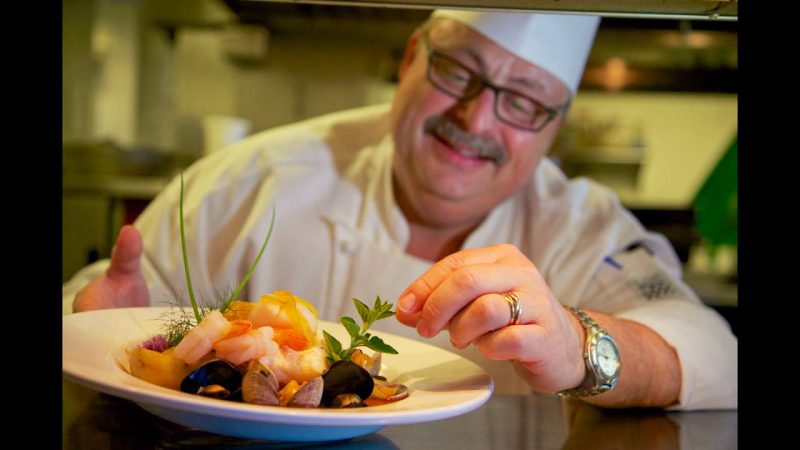What Canadians want when it comes to seafood
New survey looks at sustainable and responsible seafood, environmental and social issues, as well as seafood tastes and preferences
By SeaWestNews
Canadians want to see change in the way we consume seafood, and they want to be part of that change, states a new global survey on informed food choices.
Two thirds (63%) of Canadian seafood consumers believe that “radical or significant” change is needed to feed the world’s growing population, according to the survey.
The survey also found that Canadians were keen to be part of the solution themselves, with 68% of seafood consumers saying they wanted to use their own informed food choices to fight global challenges like climate change.
Over 1,000 seafood consumers in Canada were surveyed about their opinions on sustainable and responsible seafood, environmental and social issues, as well as seafood tastes and preferences.
The same number of seafood consumers were surveyed in six other countries: The United States, China, Japan, Germany, The Netherlands and France. It was carried out by Globescan on behalf of Aquaculture Stewardship Council (ASC).
While the majority of seafood consumers in Canada are keen to be part of the solution with their food choices, it is also clear that they would like support from the industry and retailers to help them make better choices.
Three quarters of those surveyed said it is important that sustainability claims are independently labelled by a third-party organisation. Similarly, 65% of seafood consumers said they prefer to purchase seafood from stores with more responsibly-produced choices.
“The message from Canadian seafood consumers is clear: they want to see change in the way we consume seafood, and they want to be part of that change,” said Kathleen Allen, ASC Outreach Manager for Canada.
“It is really encouraging to see how passionate Canadians are about these important environmental and social issues, and there is a real opportunity for retailers and producers who embrace responsible production.
“Clearly Canadians want support when it comes to making sense of sustainability claims. ASC is here to help with exactly that. If a product has the ASC logo, it means it has come from a farm that has been independently audited against the ASC’s stringent requirements – widely regarded to be the most robust in the industry.”
The ASC standard was developed with the World Wildlife Fund (WWF) and is an independent, third party organization which receives no money from the certification process.
In British Columbia, one of the world’s leading places to grow Atlantic salmon, 37 B.C. salmon farms are certified to the Aquaculture Stewardship Council sustainability standard.
To achieve certification under the ASC Salmon Standard, farms are audited against 500 separate aspects of the site’s performance. It is considered to be the gold standard in environmental and social certification.
The survey results also highlighted a number of additional issues that motivate Canadian seafood consumers.
Three quarters (72%) said that it was important to them that their food is produced in a way that minimises plastic pollution. A similar number (73%) said that it was important that workers in the seafood industry were fairly treated.
When it comes to taste and preferences, the survey suggests some interesting differences between Canadian seafood consumers and their neighbours in the United States. For example, almost half (44%) of Canadian seafood consumers regularly purchase canned, tinned, or pickled fish – compared to only a quarter (28%) of their American counterparts.
Meanwhile, Americans are purchasing fish sandwiches more often than Canadians – 35% of American seafood consumers do so regularly compared to 20% in Canada.
Pix courtesy of the BC Seafood Festival

